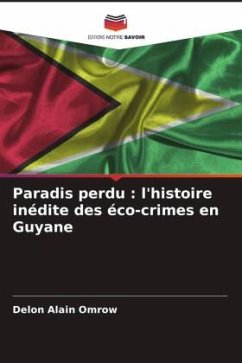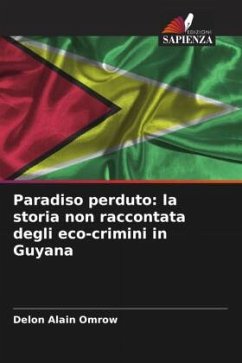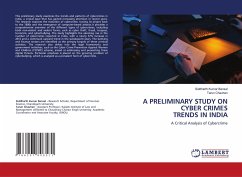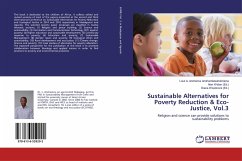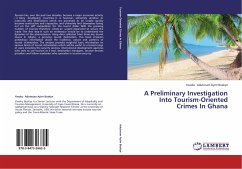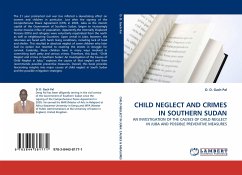
Paradise Lost: the untold history of eco-crimes in Guyana
Versandkostenfrei!
Versandfertig in 6-10 Tagen
27,99 €
inkl. MwSt.

PAYBACK Punkte
14 °P sammeln!
Exploring the pragmatic compatibilities between Green Criminology and Human Security (HS), this book analyzes various aspects of eco- criminality in Guyana. The country's indigenous peoples, referred to as the Amerindians, bear the brunt of eco-crimes, but their victimization must be put into historical context. Guyana, then, serves as the quintessential case study of eco-criminality due to its history of Dutch and English colonization; late 20th century development projects such as illegal logging and mining; and present-day conservation initiatives, which continue to commodify its forests an...
Exploring the pragmatic compatibilities between Green Criminology and Human Security (HS), this book analyzes various aspects of eco- criminality in Guyana. The country's indigenous peoples, referred to as the Amerindians, bear the brunt of eco-crimes, but their victimization must be put into historical context. Guyana, then, serves as the quintessential case study of eco-criminality due to its history of Dutch and English colonization; late 20th century development projects such as illegal logging and mining; and present-day conservation initiatives, which continue to commodify its forests and jungles under the ideology of neo-liberalism.



